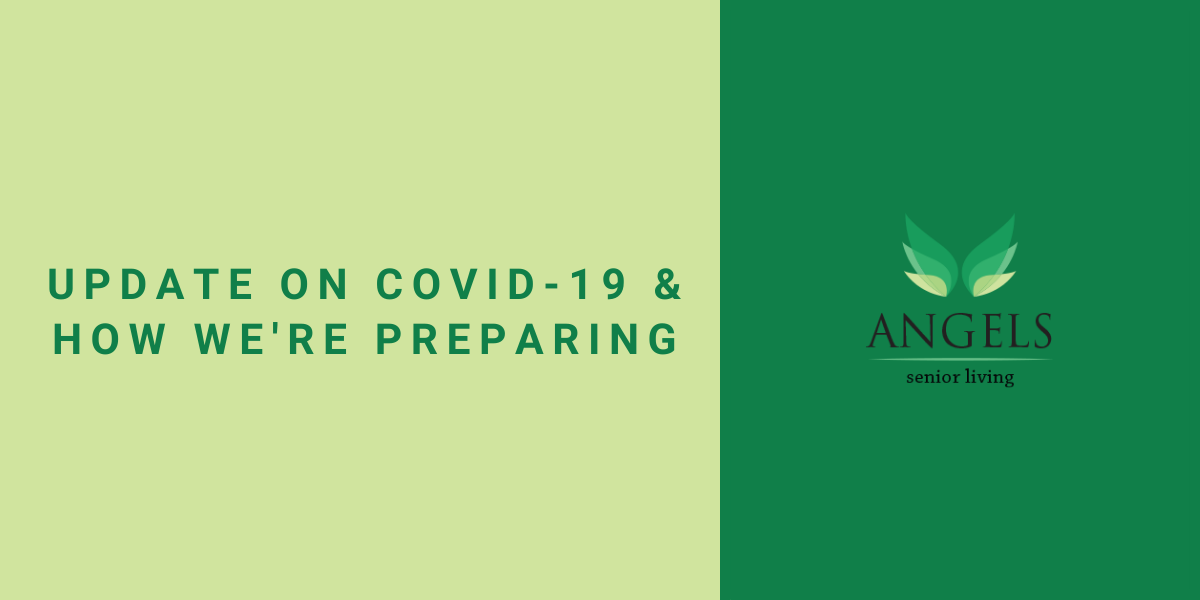With the first presumed positive cases of COVID-19 in Hillsborough County, taking precautions in the community is more important than ever. Please find a statement from our COO below, as well as a list of helpful links to help you prepare and protect both yourself and your family.
Resources
Angels Senior Living Statement on COVID-19
Executive Order 20-51 Coronavirus Response Protocol and Directing Public Health Emergency
Florida Department of Health – Declaration of Public Health Emergency – COVID-19
CDC Factsheet – Handwashing and Hand Sanitizer Use
CDC Frequently Asked Questions and Answers on COVID-19
__________
Dear Residents, Family Members, and Guardians,
As you may know, the Centers for Disease Control issued an update on the coronavirus, also known as COVID-19. Upon discovering infected cases in Florida, Governor DeSantis declared a public health emergency across the state. We are continually monitoring the situation and will update our plan as necessary.
WHAT WE KNOW
Coronavirus is spread mostly through contact from someone that is infected and is transmitted by coughing and sneezing. The common symptoms are:
- Fever
- Coughing
- Shortness of breath
- Lower and upper respiratory issues
WHAT TO DO
If someone is suspected of having coronavirus, there are protocols in place with ALL Florida health care providers.
- Immediately contact your health care practitioner or any local hospital. ANY hospital is equipped to handle COVID-19 with appropriate precautions.
- Individuals will be evaluated, and tests will be sent to the CDC for evaluation.
- The goal is containment to stop any transmission.
WHAT YOU CAN DO
We are proactively following universal precautions and trying to keep incoming visitors to a minimum. As with any virus, the frail and elderly are more susceptible and struggle harder than younger, stronger adults.
Here are some guidelines to follow from the CDC as they apply to us:
- If you are sick or feel ill, please do not visit our communities and stay home
- Wash your hands with soap and warm water for at least 20 seconds
- Carry and use alcohol-based hand sanitizer
- Avoid touching your eyes, nose, and mouth with unwashed hands
- Cover your mouth and nose with a tissue when you cough or sneeze
If you have any questions, please reach out to your community director for answers and support. Our corporate office is also a great resource and available at (877) 480-2244. Together, we will beat this!
Robert Bennett
COO






